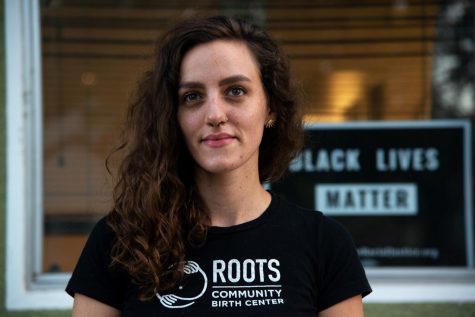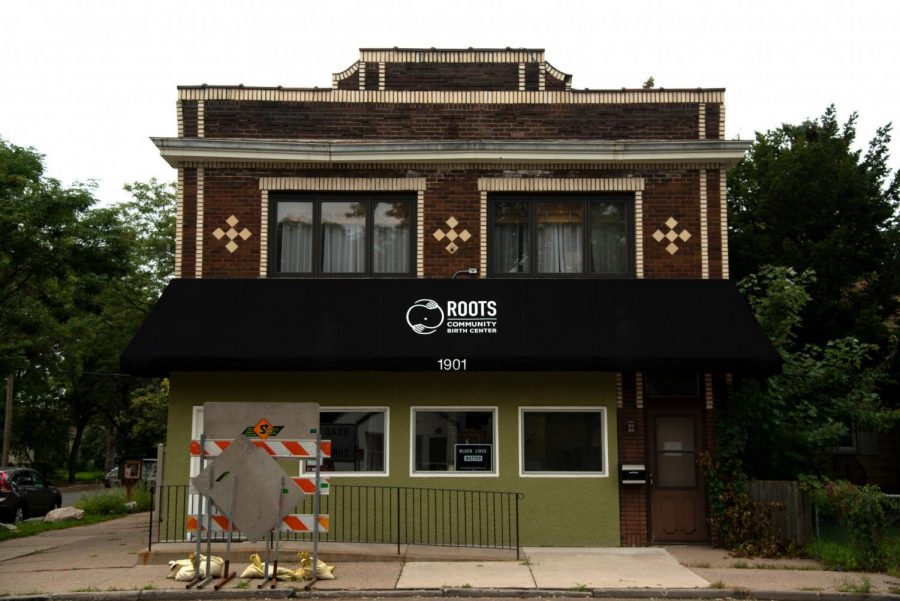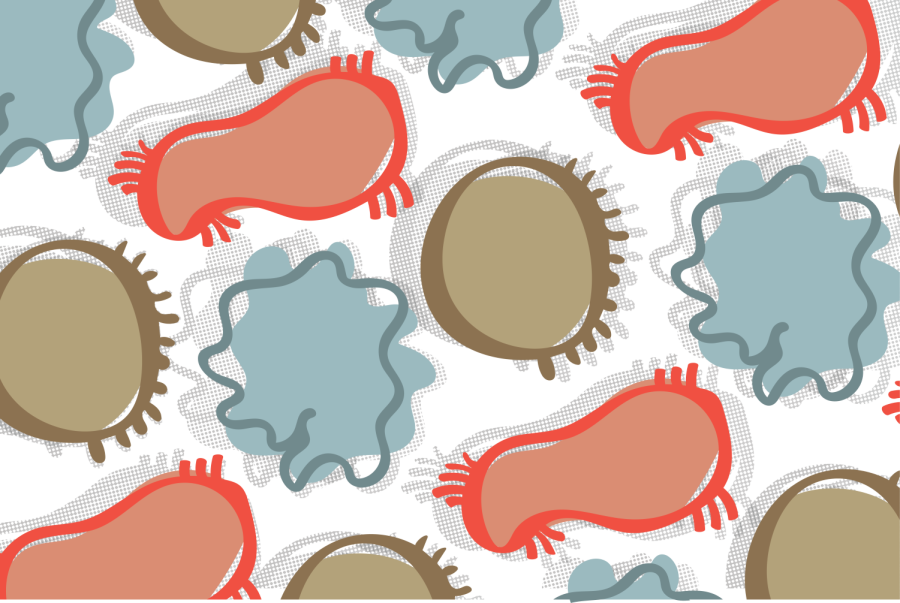Black newborns are more likely to survive when cared for by Black doctors, according to a University of Minnesota study published in August.
Despite infant mortality rates falling in recent decades, Black newborns are three times more likely to die than white newborns nationally. But when they are cared for by Black physicians, the in-hospital death rate of Black newborns is halved, the School of Public Health study found. That sort of mortality rate reduction would prevent about 1,400 in-hospital deaths each year, researchers said.
As part of a collaboration with George Mason University, Harvard Business School and Carlson School of Management, researchers examined 1.8 million births in Florida hospitals from 1992 to 2015. For births classified as more “complicated,” meaning the baby was born under weight, premature or with other health conditions, the racial disparities were even more pronounced. Researchers found no correlation between the mortality rate of women who give birth and the race of their physician.
The study controlled for variables like the health status of the babies, type of insurance, the physician’s training and experience, the hospital and the year of the birth.
Although more research will have to be conducted to determine why these disparities exist, Black people face systemic disadvantages in access to resources, services and opportunities, which can influence their quality of care, co-author Rachel Hardeman, a reproductive health equity researcher at the University, said in an email to the Minnesota Daily. Hardeman is also the first Blue Cross Endowed Professor of Health and Racial Equity, Division of Health Policy and Management.
“Systemic racism affects where Black [people] live, work, learn and worship. It affects what food they have access to, what doctors they are able to see, how they are treated in society and the justice system, and whether they are able to gain positions of political power,” she said in the email. “Birth givers know their own bodies, they know when something is wrong. However, the communication and concerns of Black birth givers is taken less seriously because of implicit bias.”
Dominique Earland, a second year master’s student at the University Medical School, said statistics like these do not surprise her.
A member of the University chapter of White Coats for Black Lives, Earland said systemic racism has always been present in health care. A study published by the Proceeds of the National Academy of Sciences, for instance, found in 2016 that on average Black patients are given less pain medication than white patients.
For students entering the health care field, she said it is the University’s duty to prepare students to be anti-racist and acknowledge their own biases. Following the police killing of George Floyd, hundreds of students, staff, faculty and graduates signed a petition calling for the University Medical School to integrate topics of health equity and structural racism into curricula, among other demands.
“Once you’re in medical school, you take an oath the first week to be professional, to act and serve the public’s best interest,” Earland said. “With those privileges also comes being vocal about things that don’t align with our values.”
Rachel Voigt is a midwife at Roots Community Birth Center in North Minneapolis, one of five Black-owned birth centers in the nation. Roots sees many clients who are people of color and 75% of clients are insured through Medicaid. Traditionally, those on state insurance have to pay more out of pocket for extensive prenatal and postpartum care, but in accepting Medicaid beneficiaries, Roots ensures access to lower-income families. Voigt said it is common for clients to find a sense of relief coming to the center after having difficult experiences elsewhere.
“There is definitely a Black maternity health care crisis in the U.S.,” she said. “Lack of access to health care, nutrition, financial disparities — this all stems from systemic racism.”
Another study co-authored by Hardeman in July 2019 analyzed Roots’ culturally centered and community-based care model, which advocates for longer prenatal care and postpartum support customized to the birth giver’s needs. Birth centers operate separate from hospitals and rely on medical interventions only when necessary. Within the first four years of opening in 2015, Roots served 284 families and delivered zero preterm babies. In the United States, Black women are twice as likely to have a premature birth compared to white women, according to the study.
“Our health care system is failing Black babies,” said Hardeman in the email. “I hope that continued research centers racism as a fundamental determinant of health and lifts up the voices & needs of Black birth givers.”
Daily Email Edition
Get MN Daily NEWS delivered to your inbox Monday through Friday!

Published April 19, 2024

Published April 19, 2024

Published April 19, 2024
Trending
UMN study shows Black newborns die less often when cared for by Black physicians
Nationally, Black newborns die at a rate three times that of white newborns.
Image by Nur Adam
Roots Community Birth Center building in North Minneapolis as seen on Friday, Sept. 11. Roots is one of the few African American-owned birth centers across the country.
by Becca Most, Senior Staff Reporter
Published September 12, 2020
Leave a Comment
More to Discover
Advertisement
The Minnesota Daily • © 2024 The Minnesota Daily • Privacy Policy • FLEX Pro WordPress Theme by SNO • Log in




















